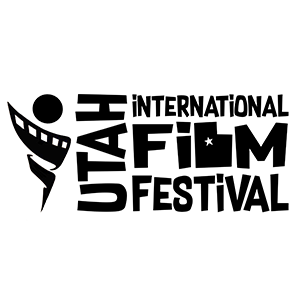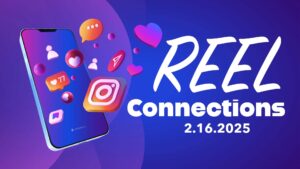Why Traditional Resumes Are Fading in the Modern Film Industry

In the ever-evolving landscape of the film industry, the traditional resume is losing its once firm grip on the hiring process. As the digital age reshapes how we create, consume, and distribute content, the film industry is no exception to this revolution. In the heart of this transformation, the question arises: why is the conventional resume becoming less relevant in the modern film industry?
1. Showcasing Talent Beyond Paper:
Traditionally, resumes were the go-to method for showcasing one’s qualifications. However, in an industry driven by creativity and visual storytelling, mere words on paper fall short. Filmmakers, cinematographers, and editors are turning to online platforms like Vimeo, YouTube, and personal websites to showcase their reels, short films, and behind-the-scenes work. These platforms provide a dynamic and immersive way to experience a creator’s talent, far surpassing the limitations of a static resume.
2. The Rise of Social Media and Online Presence:
In today’s interconnected world, social media platforms have become powerful tools for networking and self-promotion. Film professionals are leveraging platforms like Instagram, Twitter, and LinkedIn to share their work, connect with industry peers, and engage with fans. A strong online presence not only demonstrates a professional’s skills but also offers a glimpse into their personality and passion, crucial elements that are often overlooked in traditional resumes.
3. Collaborative Projects Speak Louder:
The film industry thrives on collaboration. Directors, producers, and crew members often work together on multiple projects, forming a network built on trust and creative synergy. As a result, industry professionals are valuing collaborative projects and recommendations over formal resumes. A successful film or series speaks volumes about a professional’s abilities, teamwork, and adaptability, making it a far more persuasive testament to their skills than a list of previous jobs on paper.
4. Embracing Diversity and Inclusivity:
The modern film industry is making significant strides in embracing diversity and inclusivity. As the focus shifts towards representing a broader range of voices and perspectives, the industry is recognizing the limitations of traditional resumes, which often fail to capture the richness of an individual’s experiences and talents. Personal narratives, life experiences, and unconventional career paths are gaining prominence, reshaping the way professionals are evaluated and hired.
5. Technological Advancements and Specialized Skills:
The film industry is at the forefront of technological advancements, with new tools and techniques constantly reshaping the creative process. As a result, specialized skills such as virtual reality (VR) filmmaking, 3D animation, and AI-driven post-production are in high demand. Traditional resumes struggle to convey the depth of expertise in these niche areas. Instead, professionals are turning to online portfolios, certifications, and digital badges to validate their skills, providing a more accurate and comprehensive picture of their capabilities.
In conclusion, the traditional resume is fading into the background as the film industry embraces a new era of digital innovation, creative expression, and inclusivity. Professionals are no longer confined to the limitations of paper; they are free to explore the boundless possibilities offered by the digital realm. As the industry continues to evolve, the emphasis on showcasing talent, fostering meaningful connections, and embracing diverse voices will redefine how filmmakers and industry insiders evaluate one another, ultimately shaping a more vibrant and inclusive future for cinema.




